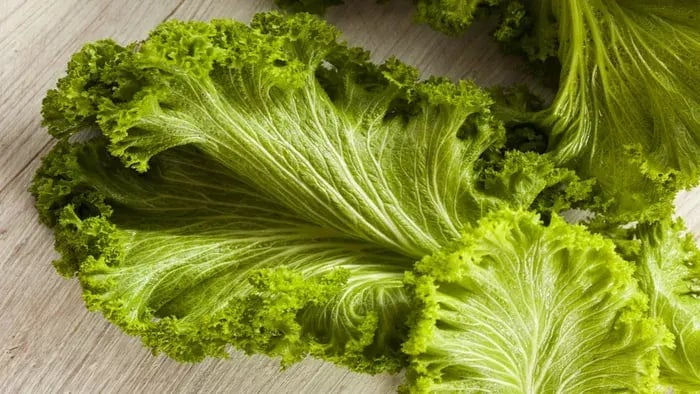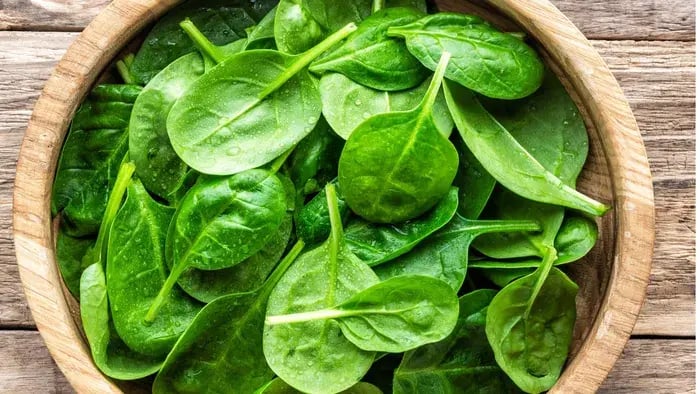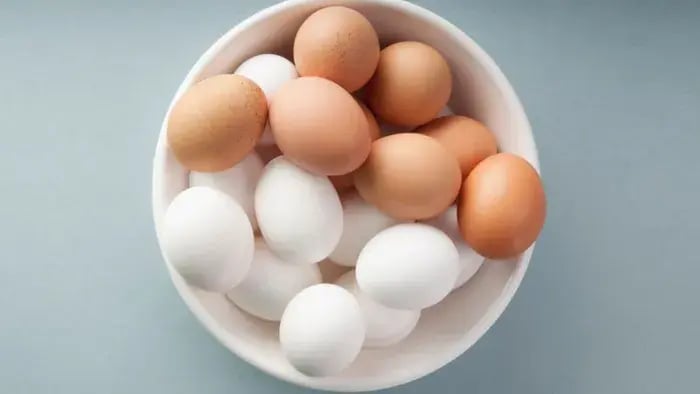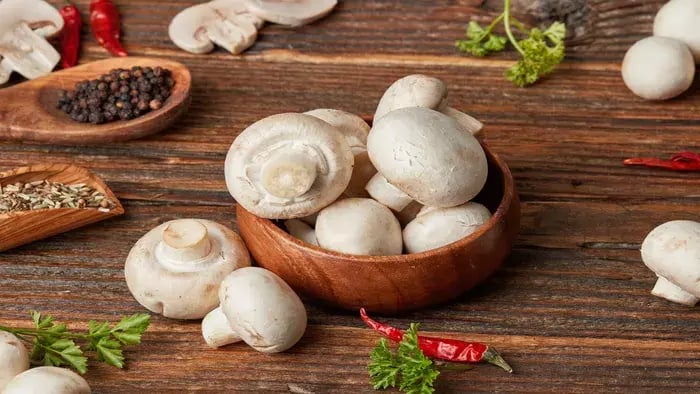Kaushiki Gangully is a content writing specialist with a passion for children's nutrition, education, and well-being. With more than five years of writing experience and a science-based background, she provides nuanced insights to help families raise happy, healthy kids. Kaushiki believes in making learning and healthy eating fun, empowering parents with practical, easy advice.
- Mola Carplet (Morola Fish)
- Mustard Greens
- Spinach
- Yogurt
- Eggs
- Soybean Products
- Mushrooms
Introduction
Bones form the basic framework of strength and support in the human body. While children are born with around 300 bones, by the time they grow up, they are only left with 206. Does that mean the rest of the bones vanish? No, they fuse together to form the normal adult skeletal system. But what does it mean for their health? It means that their diet needs adequate nourishment to create, maintain, and grow healthy bones to ensure optimal development.
Bones are kept healthy by multiple micronutrients, each playing different roles in their maintenance. But three micronutrients top the list when it comes to bones: calcium, vitamin D, and vitamin K.
So, your kid’s diet must be replete with foods rich in these micronutrients. Milk is the holy grail for all these nutrients, possessing great amounts of calcium and moderate levels of vitamins D and K. But it is important to keep an eye on more food groups that contain these nutrients as milk does not possess ample amounts to meet your pre-teenagers daily dietary intake, especially with its recommended serving amount of two glasses daily. So here is a quick guide to foods rich in vitamins D and K, and calcium in order to build strong, healthy bones in pre-teens.
Foods Beyond Milk For Strong Healthy Bones In Pre-Teen Kids
1. Mola Carplet (Morola Fish)
Mola carplet or morola fish is a common Indian small variety of fish that is sourced from rivers in Rajasthan, Uttar Pradesh, as well as West Bengal. The fish is eaten with all its bones, as they are relatively small and brittle, adding a crunchy, comfortable texture to the meat. A rich source of zinc, calcium, iron, vitamin A, vitamin D, and protein, this fish is wonderful for strengthening your pre-teen kid’s bones and improving their eyesight.
2. Mustard Greens

An excellent source of calcium, vitamins B6, C, and K, mustard greens are highly nutritious, peppery-tasting greens of the mustard plant. Enjoy them pickled, steamed, or as part of the famous sarson ka saag to tantalize your kid’s taste buds while strengthening their bones and muscles.
3. Spinach

Spinach is a nutrient powerhouse, sheltering the likes of vitamins A, B9, C, and K, iron, calcium, protein, and fiber. It also offers health benefits for growing kids, from improving eye health to lowering oxidative stress to strengthening bones and even preventing cancer. A highly diverse vegetable, it is eaten as part of a variety of curries, dips, gravies, dishes, salads, sandwiches, or sauteed on its own.
4. Yogurt
Now, yogurt comes in all shapes and sizes. But full-fat plain and Greek yogurt provides your kids with rich doses of vitamin B12, vitamin K, calcium, phosphorus, and riboflavin. Thereby aiding and improving immunity, gut health, metabolism, vitamin synthesis, bone health, blood pressure, and any other important physiological functions in children. Since yogurt is luscious and creamy already, it is better to buy unflavored ones and make it nutritious and tasty at home, with fresh fruits, nut butter, dark chocolate chips, or dried fruits and nuts.
5. Eggs

Eggs are rich in vitamin A, vitamin B12, vitamin D, pantothenic acid, choline, folate, selenium, calcium, and vitamin K. This makes it the next bone-strengthening food containing the holy trinity of calcium, vitamin D, and vitamin K, after milk. Egg yolks are also full of healthy fats that lower bad cholesterol and keep your kid’s heart healthy when consumed in moderation. So, make your kid’s breakfasts nutritious yet tasty to help them race through their pre-teens in top gear.
6. Soybean Products
Soybeans are legumes rather motherly by nature, as their products, like tofu, soy milk, soya chunks, soybean oil, soy sauce, and tempeh, contain rich levels of nutrients. Soybeans are a good source of molybdenum, folate, copper, manganese, thiamine, vitamin K, and calcium, making its products a great nutritional alternative in place of milk for lactose-intolerant kids.
7. Mushrooms

The best plant-based source of vitamin D, mushrooms possess calcium, iron, phosphorus, potassium, folate, and choline in decent amounts. Since different varieties of edible and healthy mushrooms exist, try incorporating some local button or portobello mushrooms into your vegetarian kid’s diet. As mushrooms possess an earthy, umami (or savory) flavor, you can serve them roasted, grilled, sauteed, in sauces, or as part of other dishes. Your kids will definitely dig in.
Conclusion
Building strong bones does not have to be a separate goal for parents once they understand how nutrition, vitamins and minerals play a key role in strengthening bones and protecting kids from fractures and osteoporosis. Therefore, it is better to focus on enriching your pre-teen’s diet with foods rich in calcium, vitamins D, and K, as they are the three musketeers in charge of your child’s bones and skeletal system, among other bodily functions. So, give these foods beyond milk a try and see your pre-teens sail through puberty armed with strong bones without trouble.
The views expressed are that of the expert alone.
References
https://main.icmr.nic.in/sites/default/files/upload_documents/DGI_07th_May_2024_fin.pdf
https://ods.od.nih.gov/factsheets/VitaminD-HealthProfessional/
https://ods.od.nih.gov/factsheets/VitaminK-HealthProfessional/
The information provided in this content is for informational purposes only and should not be considered a substitute for professional medical advice, diagnosis, or treatment. Always seek the advice of your physician or another qualified healthcare provider before making any significant changes to your diet, exercise, or medication routines.










